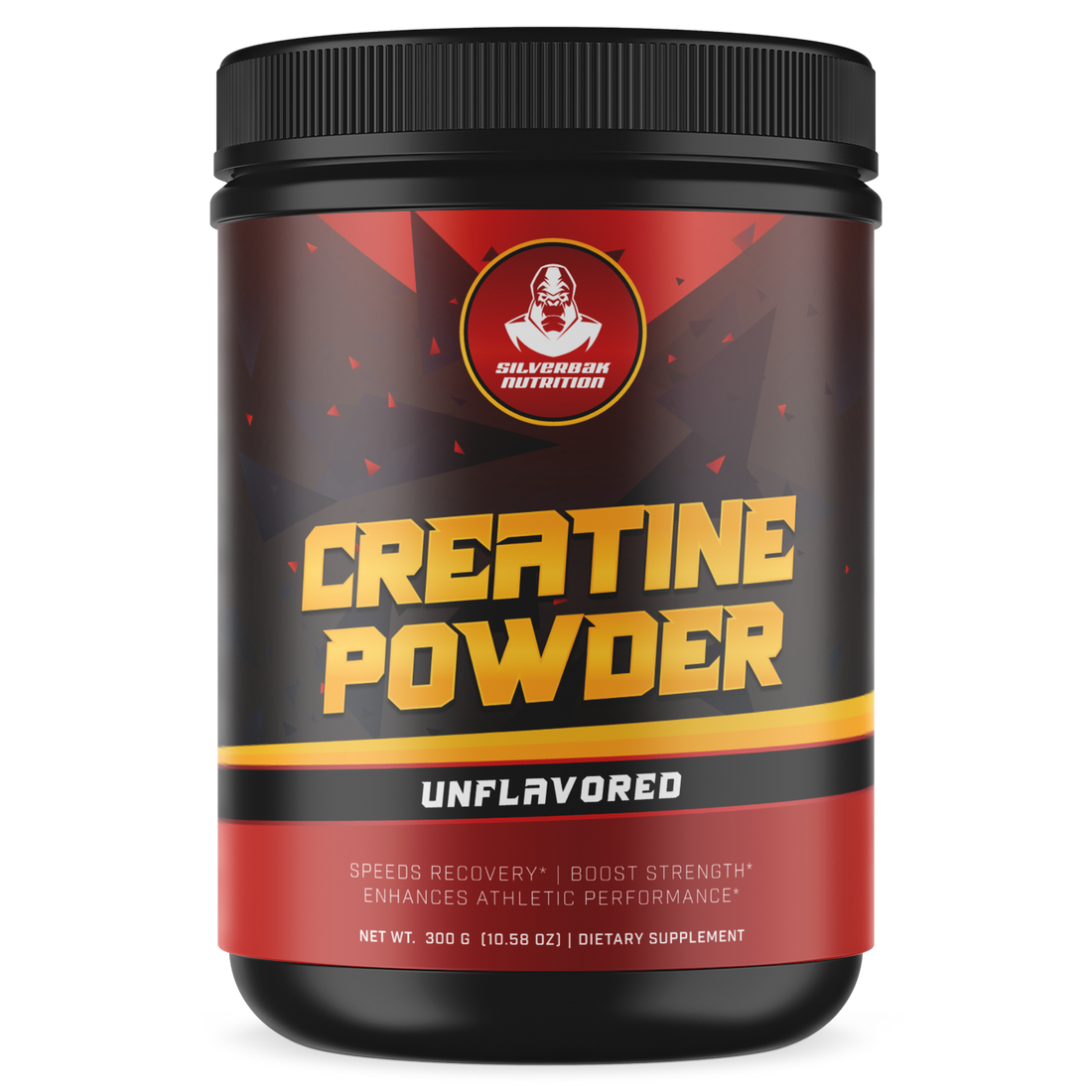Creatine:
Three amino acids are responsible for producing the compound known as creatine. It is mainly found in the body's muscles and the brain, though most people get it through red meat and seafood. The body's kidneys, liver, and pancreas can also produce around a gram of this compound per day.
The body uses creatine primarily to fuel its muscles. Individuals can increase their athletic performance by taking orally this compound.
Individuals suffering from various conditions such as heart failure and brain disorders can also take oral or topical forms of creatine.
What the research says
Studies have shown that taking oral forms of creatine can help improve an individual's performance and strength in certain activities. Athletes who participate in high-intensity workouts often use this compound to recover quickly from their exertions.
Taking oral forms of creatine can also help prevent injuries to various body parts, such as the muscles, tendons, ligaments, and bones.
Children with rare creatine-metabolizing disorders may benefit from taking oral supplements.
It has been shown that taking supplements of creatine can improve the performance of older adults on certain cognitive tasks.
Taking supplements of creatine can also help prevent the bone mineral density and skeletal muscle decline that are related to aging.
Unfortunately, there is not enough proof supporting the use of oral forms of creatine for treating heart failure.
Research has shown that a daily cream or supplement containing various ingredients, such as creatine, can help reduce the appearance of wrinkles and skin sag in men. Other studies claim that a treatment containing folic acid and creatine can help prevent sun damage. People who consume low levels of creatine are more likely to benefit from this substance.
Generally safe
Athletes who train hard and need short bursts of energy or increased muscle strength may benefit from taking supplements of creatine. Although this substance may not be helpful for everyone, evidence shows that taking this drug as directed should not cause any adverse effects.
A case study suggested that taking this substance could worsen the kidney function of individuals with kidney disorders. However, this doesn't appear to be the case in healthy individuals.
Safety and side effects
It's generally safe to take oral forms of creatine for up to five years. It's important to choose a supplement that follows proper manufacturing procedures and undergoes third-party testing to guarantee its quality.
Creatine can cause
Individuals who suffer from kidney problems are at risk of gaining weight due to creatine. More research is needed to confirm this.
Interactions
There are also potential interactions between creatine and caffeine. Taking this substance with a high amount of caffeine, which can be up to 300 milligrams daily, can cause Parkinson's disease to worsen.

